The 10 Biggest Apple Stories Of 2013
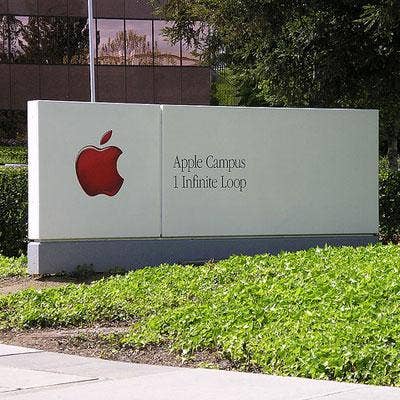
Apple Gets Ambitious With iPad, iPhone And OS X
The news has been mostly good for Apple in recent years, but 2013 saw some rumblings of discontent from shareholders, and some cracks in the armor appeared that gave pause to investors.
As usual, Apple updated its iPhone and iPad cash cows, but this year it added new products to each lineup that marked a shift in its traditional device strategy. There was talk about a low-cost iPhone, but that ended up being a lot of hot air, because Apple isn't such a big fan of low-cost products. Apple also acquired a bunch of companies and teamed up with Microsoft to fight common enemy Google in court. There were some rough patches, like a hack of Apple's developer website and the ever-so-slight pressure exerted by activist investor Carl Icahn.
But in the end, Apple came through with its usual array of dazzling products and made some ambitious decisions aimed at keeping competitors at bay. Following are CRN's picks for the top 10 Apple stories of 2013.
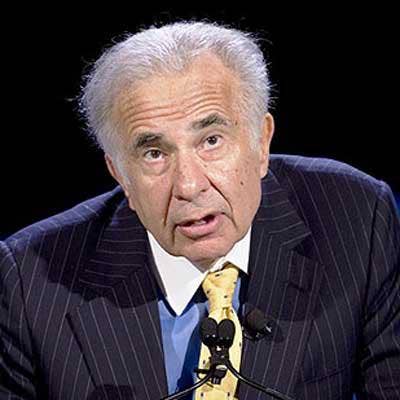
10. The Eye Of Icahn Shifts In Apple's Direction
In August, about a month before giving up his fight to keep Dell from going private, activist investor Carl Icahn (pictured) took an estimated $1.5 billion stake in Apple and wasted no time in voicing his opinion that Apple shares were undervalued.
"Had a nice conversation with Tim Cook today. Discussed my opinion that a larger buyback should be done now. We plan to speak again shortly," Icahn tweeted Aug. 13.
In October, Icahn turned up the pressure by publishing a letter he'd sent to Tim Cook as part of his campaign to get Apple to buy back stock from shareholders. In it, Icahn said the buyback would be "unprecedented" in size and could lead to a tripling of Apple shares, which were trading at $525 a share at the time.
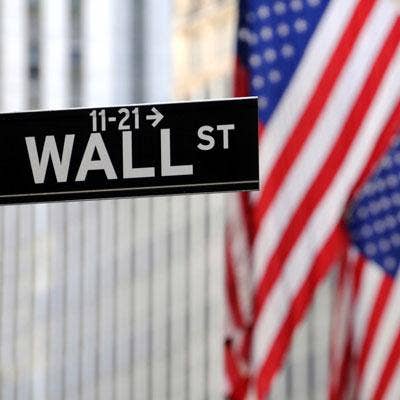
9. Wall Street Worries Over Apple's Growth Potential
Apple shares fluctuated for much of the year amid investor concerns over slackening iPhone demand and a general lack of blockbuster products. In April, Apple shares dropped to what remains their lowest price of the year at $385.10, a far cry from last September when they topped $700 per share. There were even reports that Apple's board was considering replacing CEO Tim Cook.
Apple quelled investors' fears by unveiling a plan in May to buy back $100 billion in shares. Apple's launch of the iPhone 5c and iPhone 5s failed to bring an extended rally, but its year-end deal with China Mobile, the world's largest carrier with more than 760 million subscribers, helped end the year on a high note. Now we'll see if Wall Street still thinks Apple has lots of growth left.

8. Apple Developer Portal Hacked
Apple took its developer portal offline for 8 days in July after acknowledging that an intruder had broken into it and tried to abscond with sensitive data.
"Sensitive personal information was encrypted and cannot be accessed, however, [Apple has] not been able to rule out the possibility that some developers' names, mailing addresses and/or email addresses have been accessed," Apple said at the time.
This story then proceeded to get weird. First, U.K.-based white hat security researcher Ibrahim Balic claimed responsibility for the hack but said he had no malicious intent. But other media outlets, after investigating his claims, cast doubts on their veracity. Later, Apple released details suggesting the security issues went beyond the flaws that Balic found and reported.

7. Apple Taps Into Huge Cash Reserve For Acquisitions
In February at the Goldman Sachs Technology and Internet conference, Tim Cook (pictured) said Apple would be "acquiring some companies" in 2013 with its $137 billion cash pile. Keeping with Apple tradition, these would be smaller companies as opposed to large ones, he said at the time.
Well, that prediction panned out. In October, Apple revealed that it closed 15 acquisitions in fiscal 2013, all of which were smaller companies. These included mapping technology startups like WiFiSlam, Locationary, HopStop.com, chip maker Passif Semiconductor, and AlgoTrim, a Swedish data-compression company.

6. Apple Teams With Microsoft In Patent Fight Against Google
Apple and Microsoft might be enemies in the wild, but they share a strong loathing for Google. In October, the companies teamed up to file 8 lawsuits against Google as part of what's known as the Rockstar Consortium, a company founded with mobile patents formerly owned by Nortel.
This not-unexpected development amounts to an "all-out patent attack" against Android, as Ars Technica described it.
Google has been complaining about the Microsoft-Apple alliance for some time, so the fusillade of Rockstar lawsuits didn't come as a surprise. What's interesting is that when Microsoft and Apple bought the former Nortel patents, they had to promise not to use them in lawsuits. But under the guise of a consortium, that encumbrance has disappeared, so it looks like bombs away for Rockstar's legal team.
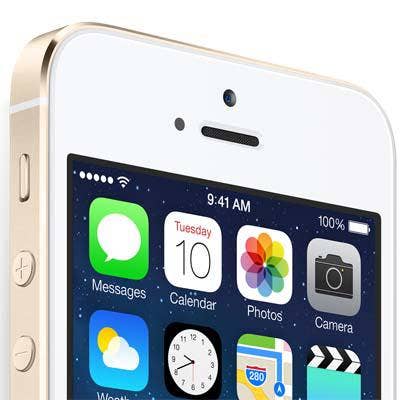
5. Apple Launches iOS 7, Biggest User Interface Change In iOS History
Apple fans got all excited in June when the company unveiled iOS 7, swooning over its flatter, cleaner design, multitasking improvements and automatic app updating. "This is the biggest change to iOS since the introduction of the iPhone," CEO Tim Cook said at Apple's Worldwide Developer Conference in June.
When Apple released iOS 7 in September, however, the adulation turned to confusion, at least for some users. People always freak out about changes to user interfaces, and so it was with iOS 7, which is the biggest interface alteration since iOS debuted in 2007 with the first-generation iPhone. But some users also complained about a buggy user experience with iOS 7, and as the year closed, there was much anticipation about Apple fixing the problem in its next update.
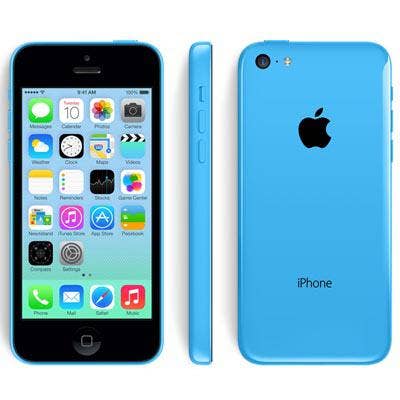
4. The 'Discount' iPhone That Wasn't
Rumors of a low-cost iPhone have swirled for a couple of years, but when the iPhone 5c finally arrived, it was priced at $549, just $100 less than Apple's top-of-the-line iPhone 5s. Turns out the iPhone 5c isn't all that cheap, but it does come in a plastic casing that made it feel that way to some folks.
When Wall Street analysts asked Apple what happened to the rumored discount iPhone, their response was basically "You shouldn't put that much stock into rumor websites." Since then, the iPhone 5c has emerged as the iPhone of choice for people switching from Android devices, according to a report in early December from research firm Kantar Worldpanel ComTech.
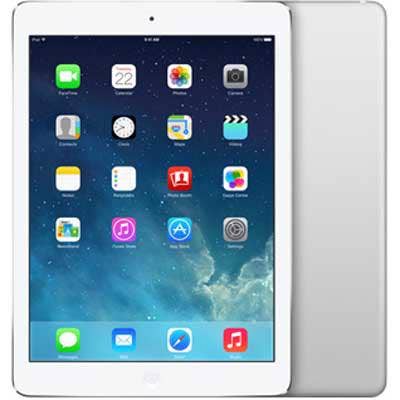
3. The iPad Mini And iPad Air
This was the year Apple made the iPad smaller and thinner, and the tablet-hungry masses responded as they usually do by queuing up for hours outside their local Apple stores to get their hands on them.
With Apple's own 64-bit A7 chip, the iPad Air has double the processing power of the previous generation iPad. And the best part? It delivers the same 10-hour battery life as previous iPads.
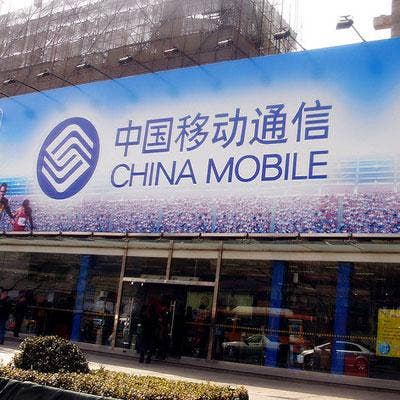
2. The China Mobile Deal
Concerns that Apple's growth has peaked were quelled in late December when Apple announced its long-awaited deal to bring the iPhone to China Mobile, the world's largest carrier with more than 760 million subscribers. Given the size of this subscriber base, Apple could be dining out on this deal for years.
Under the deal, the iPhone 5s and iPhone 5c will be available in both Apple's and China Mobile's retail stores in mainland China starting Jan. 17. Both iPhones will be available for pre-order from China Mobile's website starting on Dec. 25.
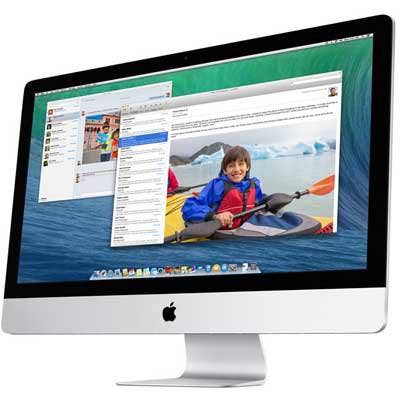
1. Apple Gives Away OS X Mavericks For Free
Apple in October dropped a bombshell on the software industry by offering its latest version of OS X 10, code-named Mavericks, for free. Apple used to charge between $20 and $129 for OS X upgrades, and the change, of course, will put further pressure on Microsoft to convince its customers that Windows is worth paying for. Once again, Apple has come up with a daring way of making life difficult for one of its biggest rivals.